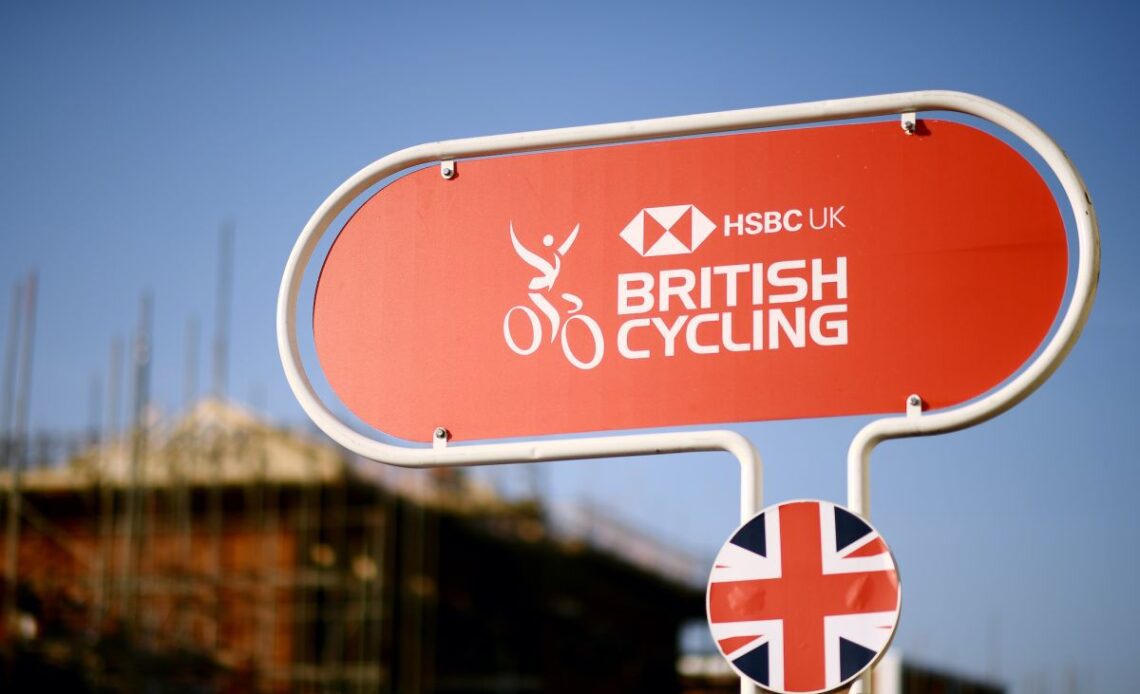Transgender riders will be unable to compete in competitive women’s races under a new policy issued by British Cycling today. The decision comes after a nine-month review and consultation process.
The national governing body has created two new policies that cover the participation of transgender and non-binary athletes in competitive and non-competitive events.
The previous testosterone-based policy was suspended by BC in April last year pending a full review, following fears trans athlete Emily Bridges would have an advantage competing at the National Omnium Championships.
Under the new policy competitive events will no longer have male and female categories but a female and an “open” category.
Transgender women, men and non-binary athletes can compete in the “open” category moving forward.
The “female” category will be for athletes whose sex was assigned female at birth. Transgender men who are yet to begin hormone therapy will also be eligible to compete in the category.
British Cycling has said that athletes whose sex was assigned female at birth will also be able to compete in the “open” category “if they so wish”.
The policy for competitive activity differs from that of cycling’s international governing body, the UCI, which allows transgender women to compete with reduced testosterone levels. However, the UCI’s policy recently attracted criticism after 27-year-old Austin Killips’ overall victory at the Tour of the Gila, a 2.2 class event held in the United States.
In the aftermath of Killips victory, the UCI said it had heard “the concerns” of female athletes about unfair competition in the sport. It subsequently signalled a shift in its policy and said it would be reopening its consultation on the matter with a view of reaching a decision in August this year.
That followed the UCI tightening its policy on transgender participation last year. Cycling’s world governing body currently requires transgender women to suppress their testosterone levels to 2.5 nmol/L for a 24-month period prior to competing in female events. Previous regulations were set at 5 nmol/L for 12 months.
British Cycling’s second policy – the policy for non competitive activity – builds on the organisations existing equality, diversity and inclusion strategy and is aimed at ensuring the continuing participation of trans and non-binary riders across all of its non competitive activities such as the “Breeze” programme.
Under the second policy, trans and…

